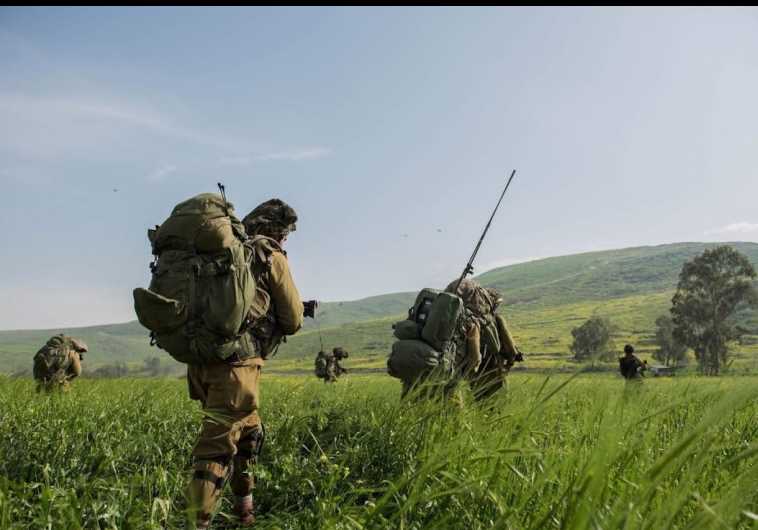Security and Defense: Israel closely eying the Syrian situation
Senior defense sources discuss the implications of recent losses suffered by the Assad regime.
 Members of the Kfir Infantry Brigade on combat training maneuvers in the Golan Heights recently(photo credit: IDF SPOKESPERSON'S UNIT)
Members of the Kfir Infantry Brigade on combat training maneuvers in the Golan Heights recently(photo credit: IDF SPOKESPERSON'S UNIT)